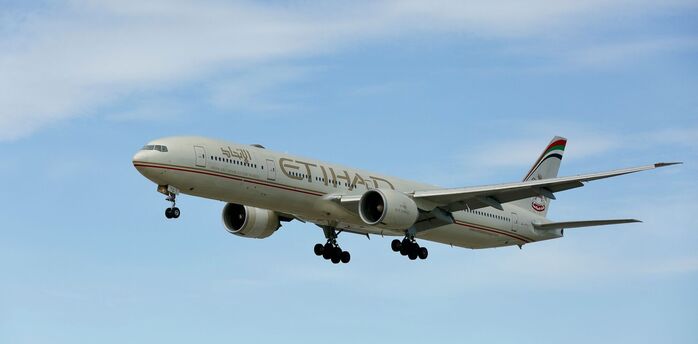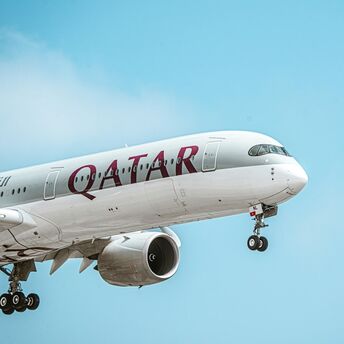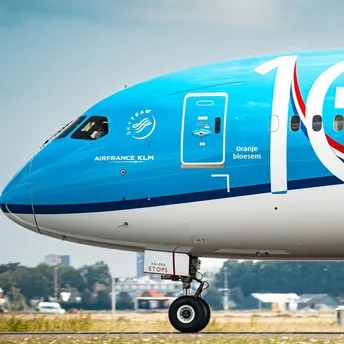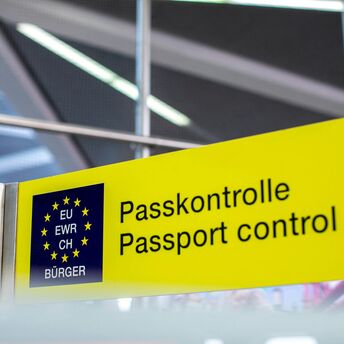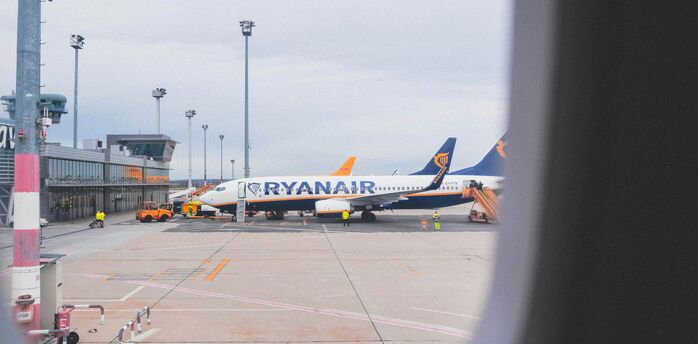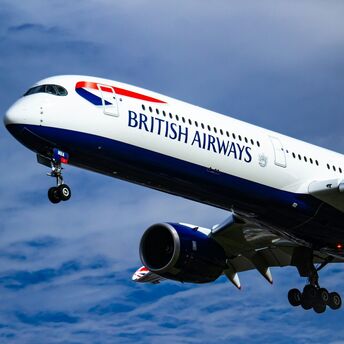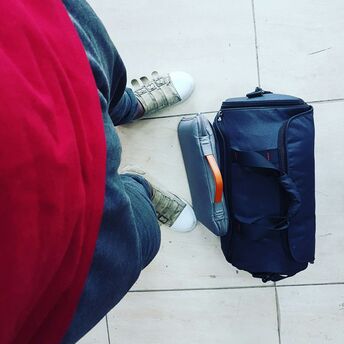Why you shouldn't sleep during takeoff and landing: expert's answer
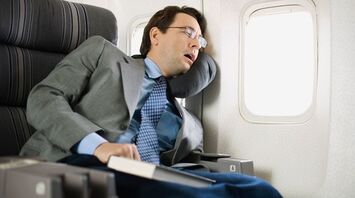
Sleeping on an airplane is an opportunity to rest, relax, or simply pass the time during a long flight. But don't rush to fall asleep. Experts say that sleeping during takeoff and landing is unhealthy.
It can cause ear injuries. The Sun provides more information about this.
First, it's important to stay awake during takeoff and landing to avoid experiencing barotrauma. Barotrauma is ear pain or damage to the eardrum that occurs due to sudden changes in pressure.
Often, the eardrum cannot cope with rapid changes in pressure, so the passenger may experience ear pain, congestion, or even partial hearing loss.
University of Nevada professor Dan Babb said:
"When we sleep, we don't swallow enough to equalize the pressure in our ears."
The professor says that we can "equalize" our ears by yawning, swallowing, or chewing. This action opens the Eustachian tube in both ears. However, babies and children may have difficulty with this.
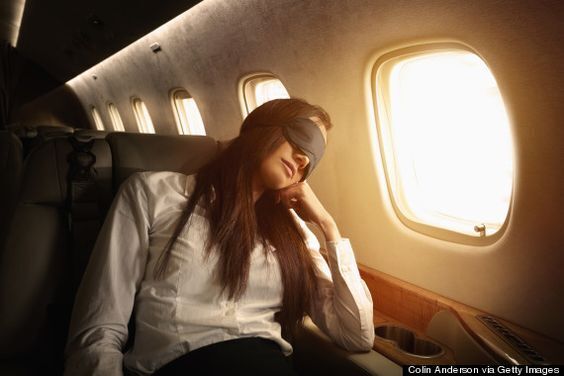
If your ears are congested during the flight due to illness, allergies, or infection, you can use silicone earplugs. This will reduce the risk of injury.
Secondly, it is not advisable to sleep on the plane to stay alert to what is happening on board. If a dangerous situation arises, staying awake can help passengers and crew evacuate quickly.
According to Boeing and Airbus reports, an airplane is more likely to face difficulties during takeoff and landing, and sleeping during an emergency can slow down your reaction.
So, if you know you're going to be on a long, tiring flight, ensure you get enough sleep beforehand. Remember, a person needs 8-9 hours of sleep to function well. Ensure you have a comfortable and restful sleep.


